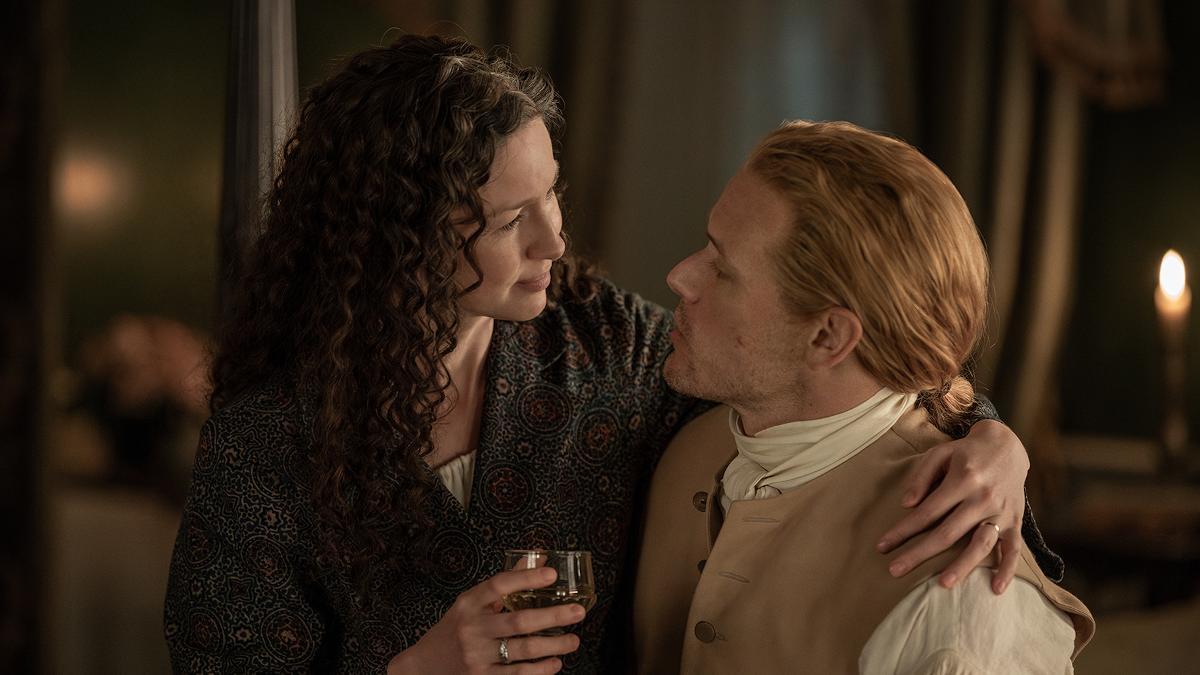The cultural influence of the Outlander TV series and book collection keeps altering travel habits long after its initial release. Stemmed from Diana Gabaldon’s popular novels, the period drama has motivated numerous followers to explore filming sites throughout Scotland and other places, resulting in an unforeseen economic benefit for the locations showcased in the show.
Scotland has experienced the most dramatic tourism surge directly tied to the series. Visitor numbers at iconic sites like Doune Castle (standing in for Castle Leoch) and the Palace of Holyroodhouse have increased exponentially since the show’s premiere. Local tour operators report sustained demand for Outlander-themed experiences, from guided visits to authentic Jacobite history tours. The Scottish tourism board credits the series with introducing the country’s landscapes and heritage to new international audiences.
Beyond Scotland, the Outlander effect has rippled across other European locations used in production. Fans now regularly include stops in Czech Republic filming sites and French châteaux featured in later seasons. This expanded interest has helped smaller communities develop sustainable tourism economies built around their Outlander connections. Many local businesses have adapted by offering period-inspired accommodations, dining experiences, and cultural programming tied to the show’s 18th-century setting.
Industry experts point out various reasons for Outlander’s ongoing attractiveness for travelers. The show’s stunning visual presentation makes the surroundings feel like essential parts of the narrative, forming strong imagery connections for the audience. Rich historical content ignites curiosity about real-life events and places. Most importantly, the emotional bond that admirers form with the characters leads to a wish to experience their journey.
Travel companies have created tailored itineraries for varying degrees of fan interest. Certain tours are dedicated solely to exploring filming sites, while others blend in comprehensive historical background concerning the Jacobite uprisings and life in the 1700s. High-end options feature accommodations in castles and exclusive entry to typically off-limits areas. Fans who cannot travel abroad are now able to join in via online tours and digital experiences.
The financial influence stretches further than just direct tourist expenditure. Numerous travelers encouraged by the show cultivate profound interests in Scottish heritage, the Gaelic tongue, customary arts, and exploring history. Local craftsmen note a rise in requests for historically accurate garments, accessories, and household products resembling those featured on television. Educational programs focused on Scottish history have experienced a rise in student numbers at universities close to where the filming takes place.
Destination marketing organizations have learned valuable lessons from Outlander’s success about leveraging popular media. Many now actively pursue film and television productions, recognizing their potential to drive long-term tourism. Scotland in particular has refined its screen tourism strategy, ensuring visitors can easily locate filming sites while also discovering authentic local experiences beyond what appeared on camera.
As new seasons continue production, the Outlander effect shows no signs of fading. The franchise has demonstrated how quality storytelling can create meaningful connections between audiences and locations that endure far beyond a show’s initial popularity. For tourism professionals, it serves as a case study in capitalizing on cultural moments while respecting the integrity of both the source material and the destinations themselves.
The phenomenon also highlights changing traveler priorities, with many fans seeking immersive, emotionally resonant experiences rather than traditional sightseeing. This shift has prompted the tourism industry to develop more narrative-driven offerings that appeal to visitors’ passions and interests. Outlander’s success proves that when entertainment and travel intersect effectively, the benefits can extend for years across entire regions.
Looking ahead, destinations featured in the series continue finding innovative ways to engage with fans. Special events, historical reenactments, and cultural exchanges all build on the initial interest sparked by the show. For many travelers, their Outlander-inspired visit becomes a gateway to deeper appreciation of Scotland’s history and culture – creating meaningful connections that last long after the final episode airs.



